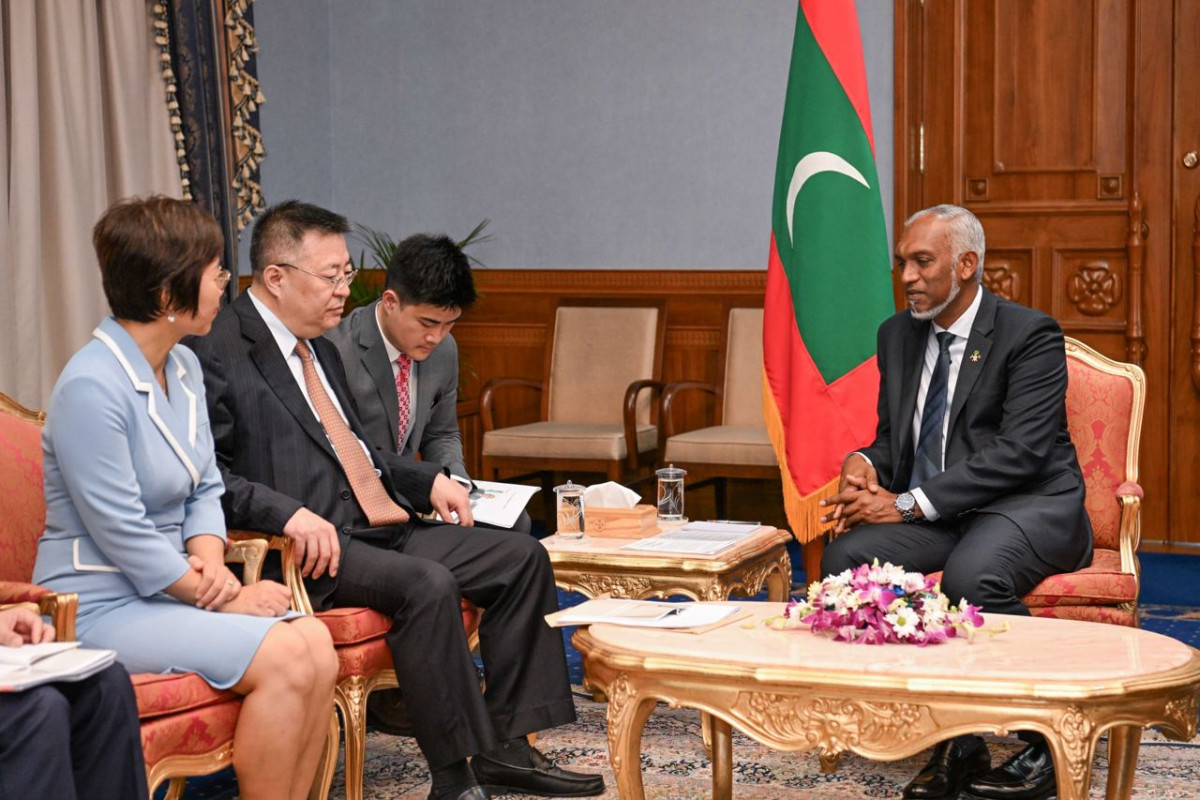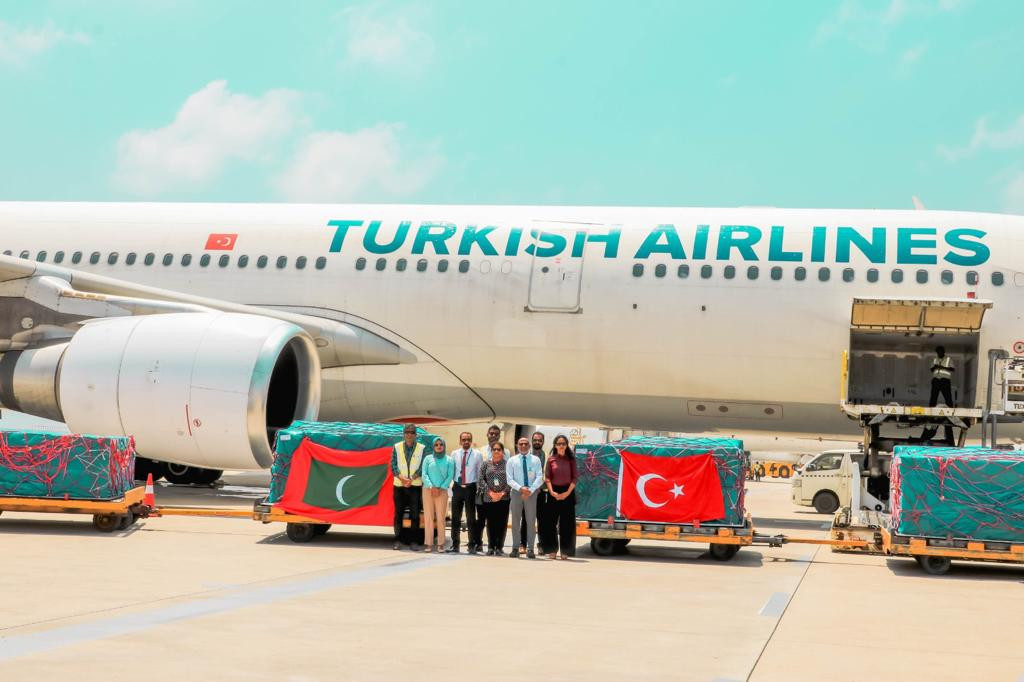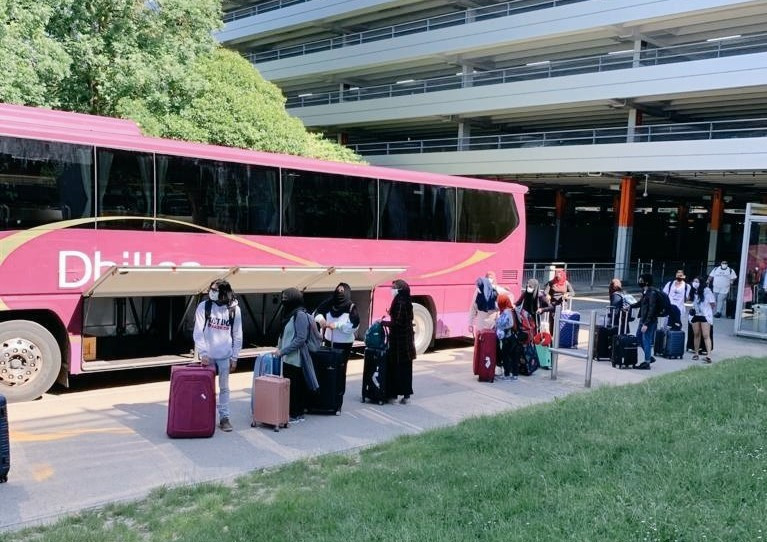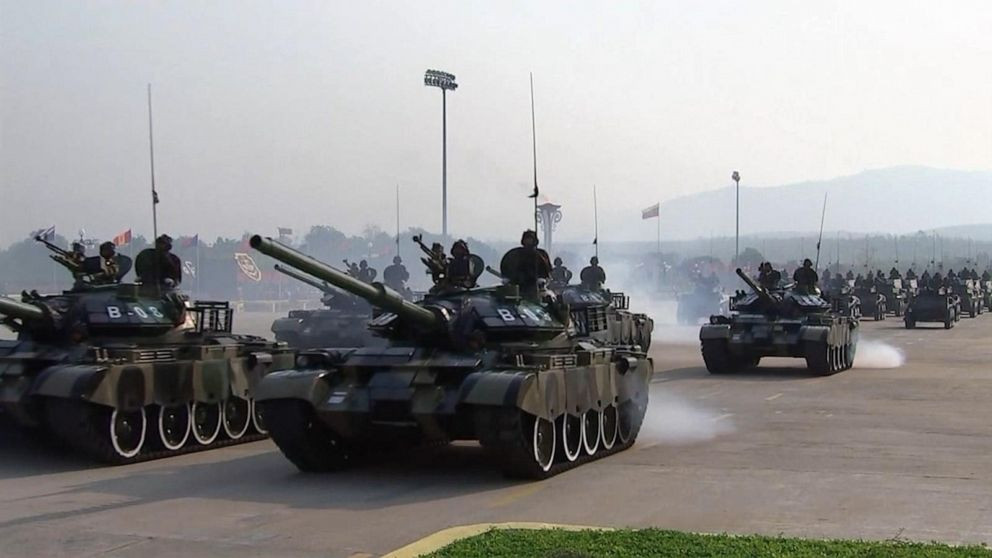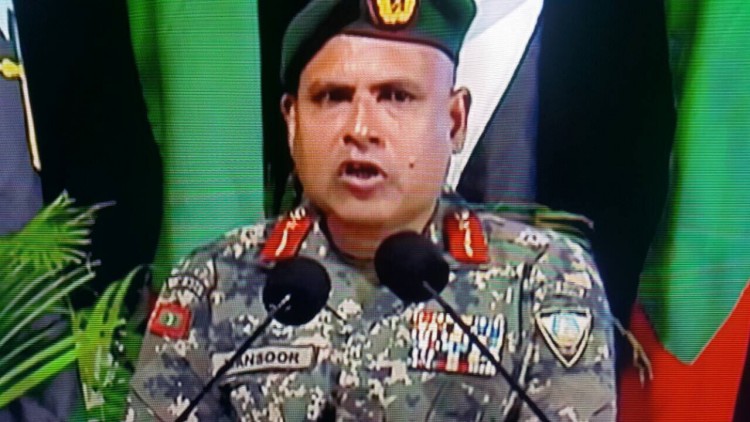Sense of entitlement and expectation: is it justified?
Newly elected president, Ibrahim Mohamed Solih will take oath of office on November 17

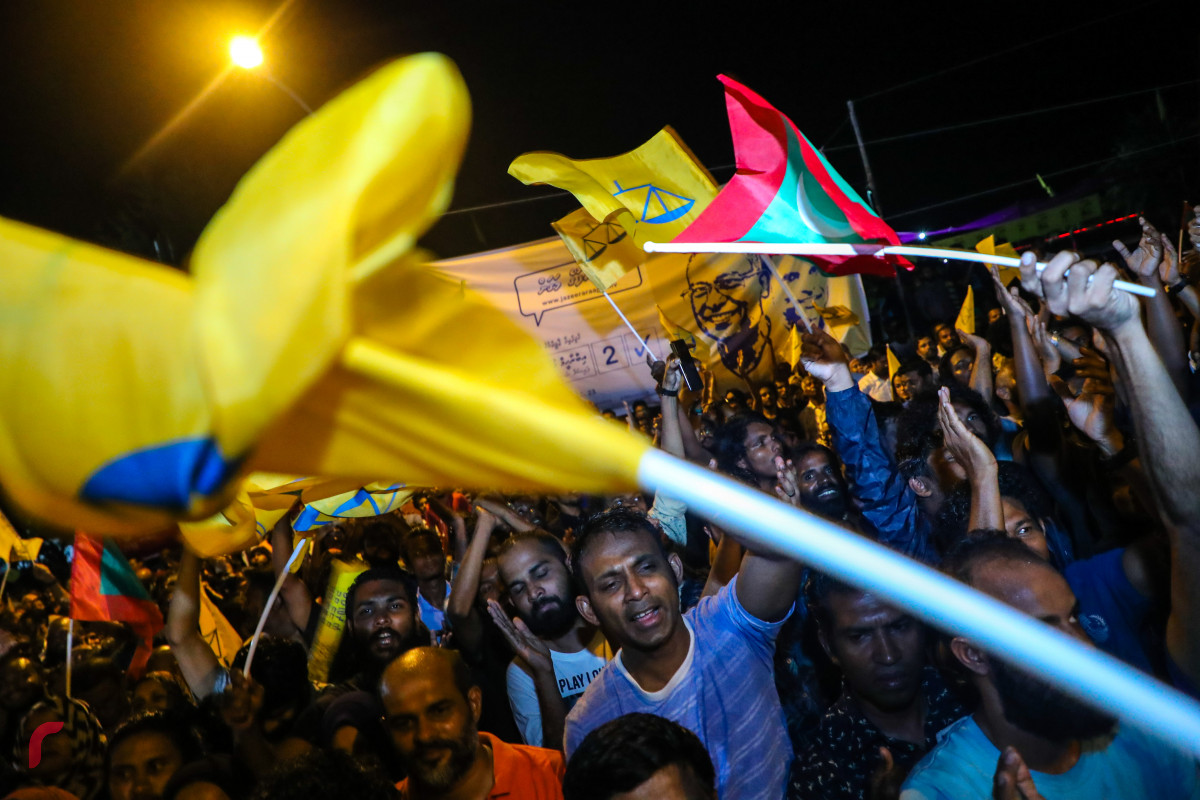
Supporters gathered in capital Male\' City following Ibrahim Mohamed Solih\'s win the presidential election held on September 23
There are three days left for the newly elected president to take oath of office.
Ibrahim Mohamed Solih emerged victorious in the election against outgoing President Abdulla Yameen in September, with 58.4 percent of the votes.
He was backed by Maldives’ four major opposition leaders – the country’s longest serving leader, Maumoon Abdul Gayoom, first democratically elected President Mohamed Nasheed, business tycoon Qasim Ibrahim and religiously conservative Sheikh Imran Abdulla.
Three of these people chose to form a coalition with Yameen in the 2013 presidential elections, guaranteeing his win.
However, throughout his five-year term, Yameen lost the support of all three- for one reason or the other.
Their decision to join Nasheed and his Maldivian Democratic Party (MDP)’s work against Yameen’s tyranny led to their arrests and subsequent convictions, in turn making them “heroes” of some sort.
Following Solih’s win, all senior officials of the Joint Opposition spoke of being indebted to the people especially as the Supreme Court chose to free them, as it reviews their cases, afterwards.
Deals, deals and more deals
But not long after, reports of deals surfaced.
The first one was about a deal made with the 12 lawmakers that were “dismissed” for signing an impeachment motion against the parliament speaker. Supreme Court has since issued a ruling on the matter, and the lawmakers were able to retain their seats. While they were not allowed to attend parliament sittings for over a year, they recently got their salaries and allowances, fully and at once.
However, according to them, the opposition leaders had assured them that they will be given party tickets to contest in next year’s parliamentary elections, without having to go through a primary.
While it all started after a meeting with Nasheed, Maumoon soon tweeted that “all coalition partners have already agreed to support the candidacy of the 12 MPs in their respective constituencies without going through a primary in the 2019 Majlis elections”.
While this decision led to public backlash, Nasheed the next day tweeted that he “believes” that party tickets should be given through a ticket. However, he did not clarify that this will be the case.
On Tuesday, the president-elect’s spokesperson revealed that his administration will have a total of 19 ministries, with the introduction of four new ministries.
According to Mariya Didi, the new ministries are Ministry of Higher Education, Ministry of Transport and Civil Aviation, Ministry of Arts, Culture, and Heritage, and Ministry of Communication, Science, and Technology.
However, the math does not seem to be accurate as there are currently 14 ministries. Doesn’t that mean that the new administration will establish five new ministries?
The fifth one, according to Mariya’s list, is the Ministry of National Planning and Infrastructure as the current Ministry of Housing and Infrastructure changes to Ministry of Housing and Urban Development.
Then, there will be a Ministry of Higher Education while there is a Ministry of Education?
Is there a point to this, other than to give certain people positions in the government?
Is it justified?
President Yameen’s downfall, more than his unlawful activities, was that he could not keep the coalition intact.
Hence, it is understandable that Solih would learn from Yameen’s mistakes and do all he can to not break the current coalition.
To be frank, reports of secret deals and other such shenanigans speak more about those that are seeking special treatment.
Are they not feeling entitled?
Then again, they did the work despite the risks and possible harm. So, is it justified? And if so, don’t thousands of people deserve spots right at the top?
“When we replace a sense of service and gratitude with a sense of entitlement and expectation, we quickly see the demise of our relationships, society, and economy” - Steve Maraboli

